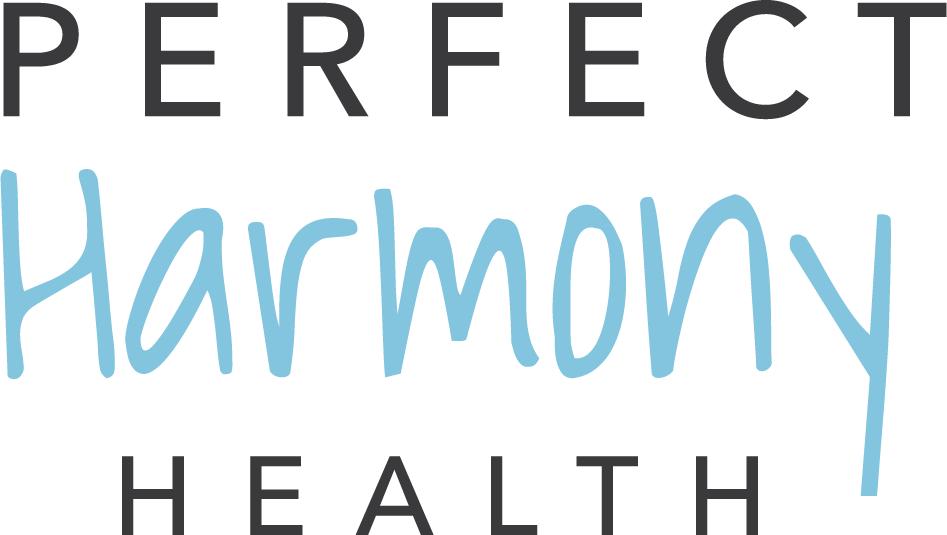Using Music to Regulate
May is recognized as Mental Health Awareness Month, a time dedicated to raising awareness and reducing the stigma around mental health issues. It can be an opportunity to start conversations, reflect, and promote the importance of our own mental health and well-being.
Music has a unique ability to connect people on an emotional level. It can be a universal language that transcends barriers. For this reason, music is a crucial integral part of the field of mental health. Using Music Therapy, clinicians can effectively treat various mental health issues. Music In Psychosocial Training and Counseling (MPC)® is a Neurologic Music Therapy (NMT)® technique that can be utilized in this domain.
MPC® can benefit most populations, and those on the Autism Spectrum and those with other intellectual or developmental differences have often benefited from it. MPC® can facilitate emotional recognition, emotional expression, emotional processing, the development of coping skills, and more. Some MPC® interventions may utilize songwriting, drumming, music and meditation, breathing songs, lyric analysis, dancing, or whatever fits the client's needs.
Through MPC®, individuals can learn to identify and express their emotions in a safe and comfortable way. This can help to reduce feelings of anxiety and stress, as well as improve overall emotional well-being. One of the critical benefits of MPC® is that it engages both the emotional and cognitive parts of the brain simultaneously, which can lead to very effective treatment outcomes.
Music in Psychosocial Training and Counseling® is a powerful tool for supporting mental health and well-being that can be applied in various treatment settings. MPC® taps into the brain’s natural response to music and uses it to support a wide range of therapeutic goals, from emotional recognition to the development of coping skills.
Watch Ellie, LPMT, MT-BC, NMT-F utilize MPC® to support emotional regulation!

